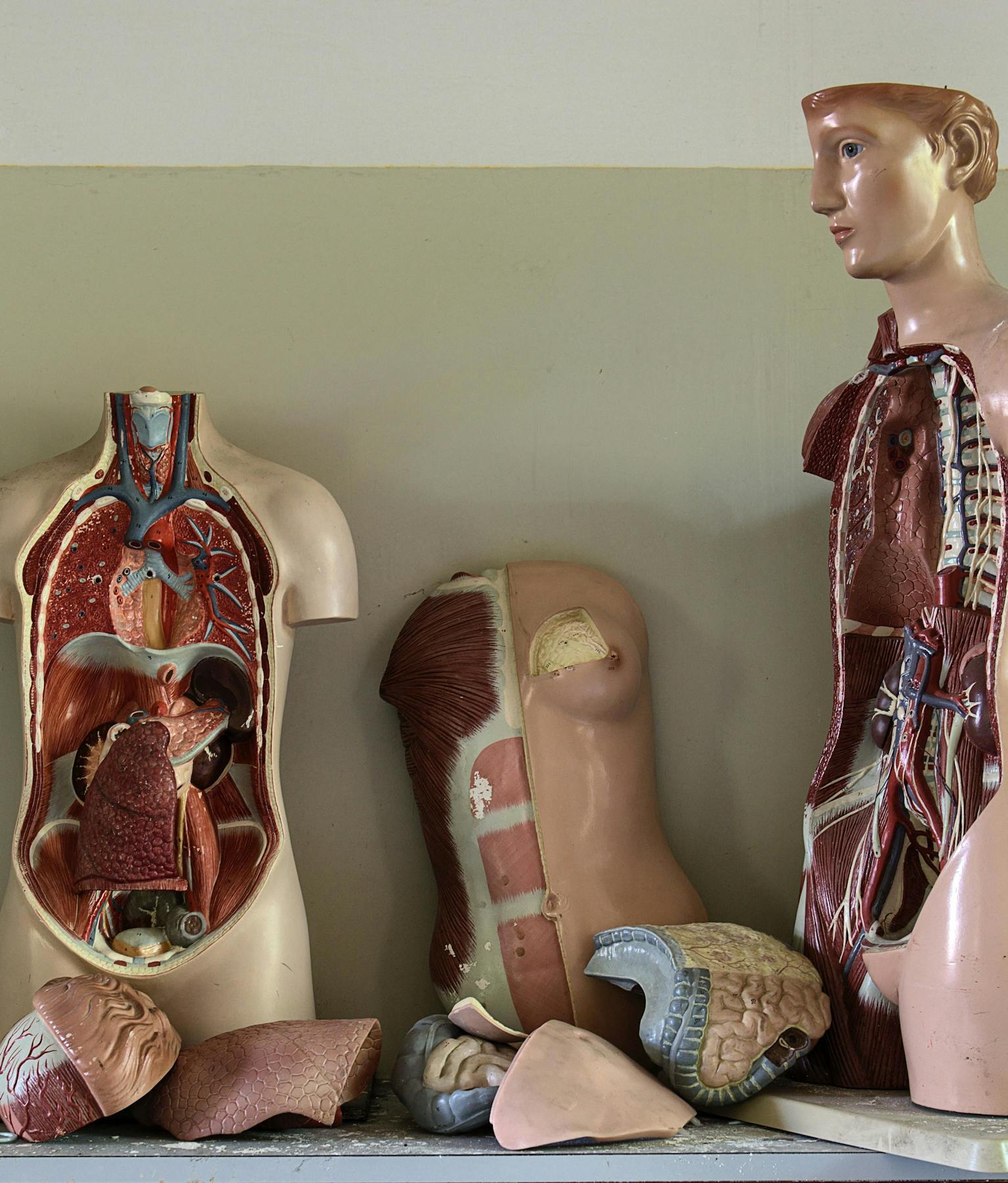
Human immunodeficiency virus and Pre-Exposure Prophylaxis
HIV (human immunodeficiency virus) is a virus that attacks the body's natural defences until the body can no longer defend itself against pathogens.
If HIV is not treated, the disease continues to progress. At a certain point, your resistance will be so weak that your body will have difficulty defending itself against infections, and then you will enter the AIDS stage.
AIDS (Acquired Immune Deficiency Syndrome) is the stage at which the immune system is so weakened that the body can no longer defend itself against pathogens. Those with AIDS get infections that would not pose a danger if their immune system were healthy.
People living with HIV can be supported in an HIV reference center. This is a government-recognised centre that provides diagnosis and treatment of HIV infections. The medical supervision aims to keep HIV seropositive people in good health.
Medicines are often needed for this. Even for those who are not treated with drugs, regular monitoring is still important. Blood tests allow us to see how the immune system is evolving. If a weakened immune system is detected in time, correct treatment can prevent the development of AIDS.
In an HIV reference center, the work is multidisciplinary. The doctor specialising in infectious diseases works together with the HIV nurse, social nurse, psychologist, dietician and doctor colleagues from other medical disciplines, as required. The general practitioner also continues to play an important role, even if a large part of the support is provided in the hospital. After all, he or she is closest to the HIV-positive person in his or her daily life.
Patients can go to the Jan Yperman Hospital for the treatment of HIV and for PrEP, as our infectiologist Dr. Wim Terryn is connected to the HRC (HIV reference center) of UZ Gent.
Watch the story of HIV patient Tim here.
Tim takes one pill daily and leads a normal life. He throws taboos overboard: talking about your HIV, teaches you to live with your HIV.
PrEP (Pre-exposure Prophylaxis) is a treatment for people without HIV who are at high risk of becoming infected. What are the pros and cons of PrEP? And what do you do if you are considering using PrEP?
PrEP is a treatment for people without HIV. If taken according to the doctor's instructions, the medication prevents the transmission of HIV. It is a pill and is sold under the brand name Truvada. In time, other brands will also bring PrEP to the market.
You can compare PrEP to the contraceptive pill for women, or to an anti-malaria treatment before you leave for the tropics. PrEP is a treatment to prevent you from contracting HIV.
Careful: PrEP ≠ PEP. PEP is a treatment after you have been potentially at risk for HIV.
When the HIV virus enters the body, it needs certain body cells in order to multiply. PrEP prevents the virus from entering those body cells. PrEP can be taken in 2 ways:
If your answer to one or more of the questions is ‘yes’, please contact our infectious diseases department. Discuss with the doctor whether PrEP would be something for you or not.
Contact the infectious diseases department of the Jan Yperman Hospital if you want to use PrEP: only a doctor connected to an HIV reference center can prescribe it.
Since 1 June 2017, reimbursement by the health insurance is regulated. For a monthly dose of 30 pills, the cost is €11.90 (€7.90 for a preferentially insured patient).
Buying medication online is not legally permitted in Belgium. Did you get PrEP through unofficial channels? Make sure to be followed up by a doctor in an HIV reference center.
If you take PrEP, you will go to the HIV reference center every 3 months. You are tested for HIV and STIs, your liver and kidney functions are monitored.
Talk openly about your sex life with the doctor. It helps him or her to assess your risks.
Some men see PrEP as an extra protection. They combine PrEP with condom use. PrEP only protects against HIV, the condom also protects against other STIs.
Some men do not use condoms (anymore). There can be many reasons for this. PrEP is then another way to protect yourself from HIV.
Flemish expertise centre for sexual health SENSOA:
Monday to Thursday from 13:00 to 16:00
Doctor Wim Terryn: 057 35 71 80